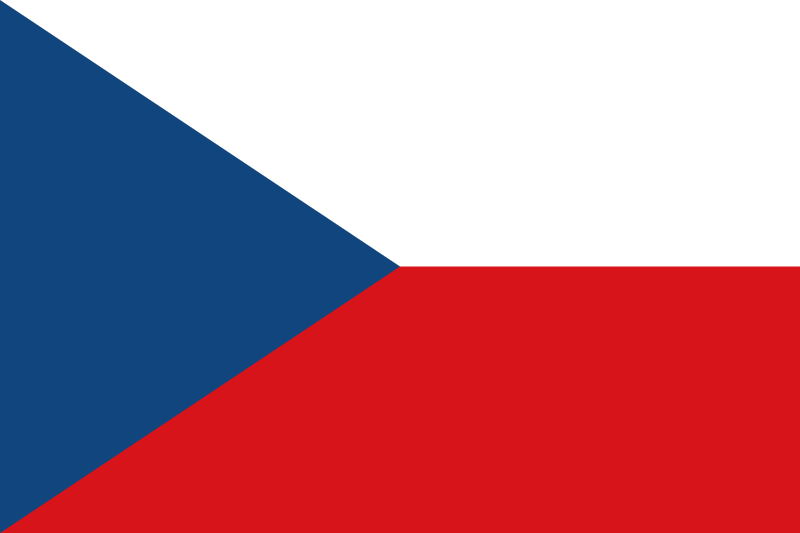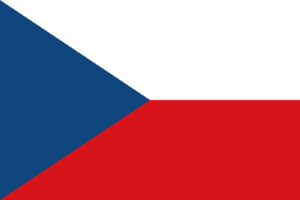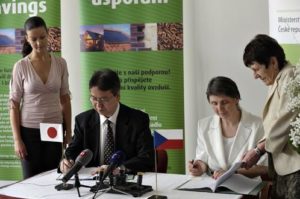Czech Republic: Rescue Plan to fill Budget Gaps
August 16, 2011
In autumn of 2010, it became clear that the budget of the Czech subsidy programme Zelena Usporam (Green Savings) lacks about Czech Koruny CZK 8 billion (EUR 329 million). The Minister of Environment, Tomáš Chalupa, published a press release at the end of April 2011, describing how to bring down the deficit with revised programme rules.
First, the public sector will no longer be part of Zelena Usporam, saving the programme about CZK 4 billion (EUR 164 million). “The private sector was the original target group of Zelena Usporam,” explains Chalupa. “ I am very sorry that we will now have to exclude the public sector from the programme. But in contrast to private applicants, the public sector has alternative ways of applying for subsidies.”
The Ministry of Environment also assumes that a more thorough check of all applications “will save” another CZK 1 billion (EUR 41 million). “We have developed a very clear and straight-forward procedure of how to prove if an application matches both the contract and project documentation,” explains Chalupa. “Unfortunately, we have been told that in a number of cases, the implementation of the project did not correspond with the contract’s specifications.” According to the ministry’s official announcement, all of the projects that have received a subsidy in the past will be checked again. In case the subsidy was not supposed to be approved, the administrator of that project and/or the applicant will be sanctioned and the subsidies will have to be repaid.
CZK 250 million (EUR 10 million) are thought to be saved by downsizing technical assistance to applicants and CZK 600 million (EUR 25 million) are expected from the sales of further AAU units to Japan and Germany. From where to get the remainder is still unclear.
Another new aspect of the programme is the creation of an “ombudsman” to improve communication among programme administrators and participants. The ombudsman will ensure the quickest possible response to complaints and remarks by applicants. If an applicant is not satisfied with the answer by the Ministry of Environment, he will now be able to discuss it with the ombudsman, either by phone or in person. The ombudsman will also have the power to modify the programme, in order to keep the number of complaints to a minimum. The person newly appointed to serve in this regard, Petra Kolínská, used to work for the non-governmental organisation “Oživení”, at which Kolínská was concerned with keeping public issues transparent and preventing corruption.
Chalupa is optimistic as to the future of Zelena Usporam: “Within the next months, the selection process for the new director of Zelena Usporam will be over. The new management will be asked to provide a clear and long-term concept for the entire organisation, with an eye on the current development in the area of CO2 reduction and trading AAU units”.
In an interview for the Czech internet portal aktualne.cz, Chalupa said: “Chances are that Zelena Usporam will never again be a programme for the majority. However, it is possible that a small target group, which has not been considered yet, may soon benefit from its revival.” The Minister did not want to say which groups he has in mind, “because it would make those groups victims of new consulting companies, which would try to push them into the programme.”
About 250,000 households have profited from Zelena Usporam so far.
Contact the ombudsman:
Mgr. Petra Kolínská: Olbrachtova 2006/9, 140 00 Praha 4, email: ombudsman@zelenausporam.cz
The news was written by Vladislava Adamenkova, a Czech student of international business studies in Vienna.


